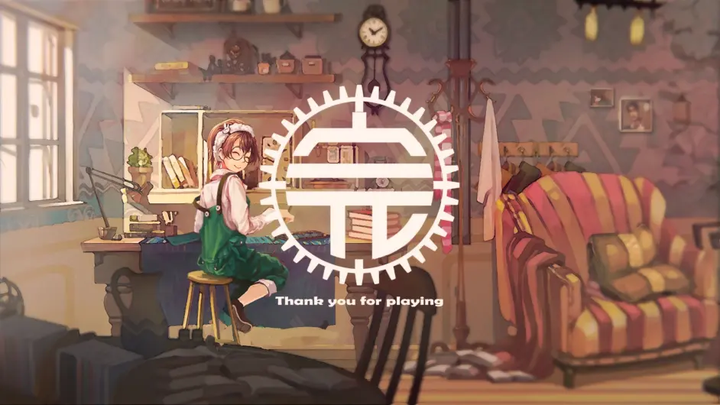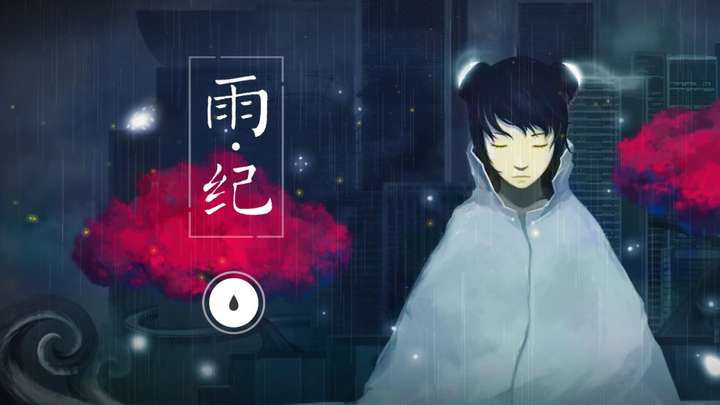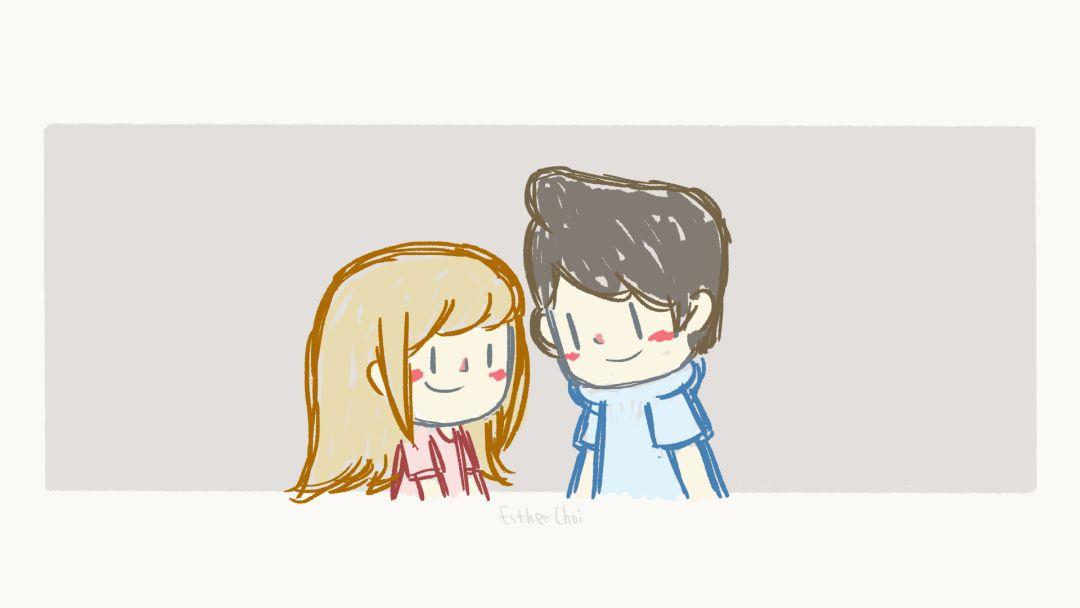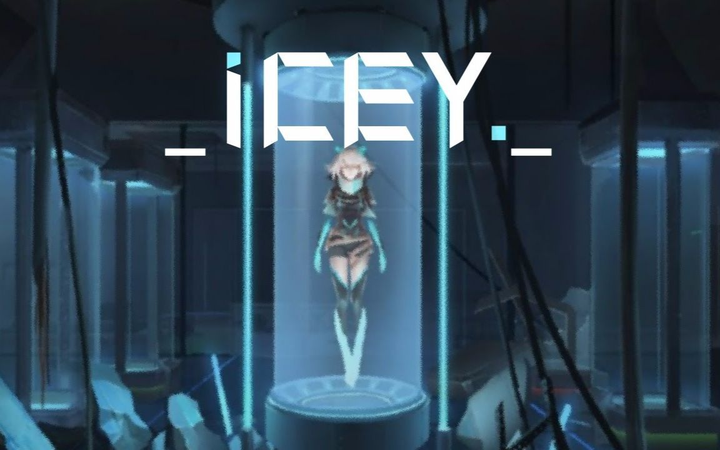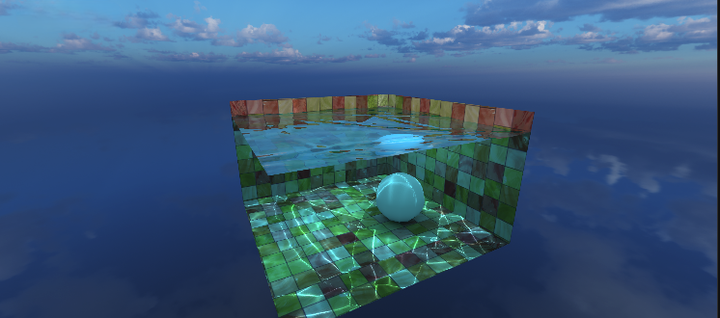Clocker
Written before
Clocker is a time related puzzle game. It has a unique time mechanism, beautiful hand drawn art style, and touching plot. Built by four independent gamers over four years, it presents players with a story about time, space, and family.
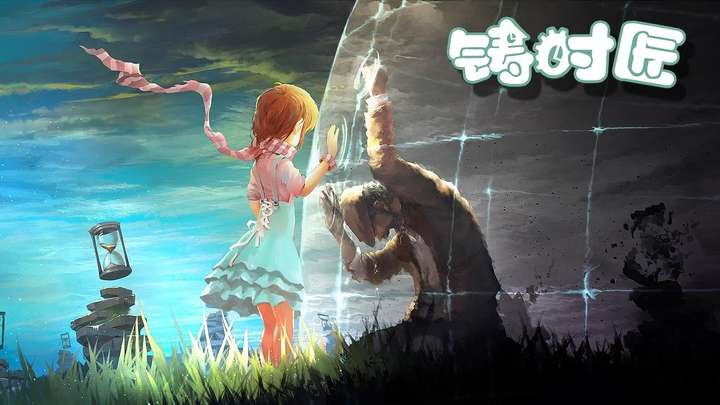
Game background
The game adopts a dual storyline, where father John struggles with life and obtains a unique watch from an old man. To save his daughter, he accidentally triggers the watch’s ability. In the entire gray world, only he can move and manipulate time through that unique watch, thereby influencing the actions of others. And the other protagonist of the game, Alice, can make time flow again, although she is more of a bystander’s perspective on this world influenced by her father. Alice’s world is full of colors and uses a relatively bright BGM - which is completely different from the dull and dull adult world.
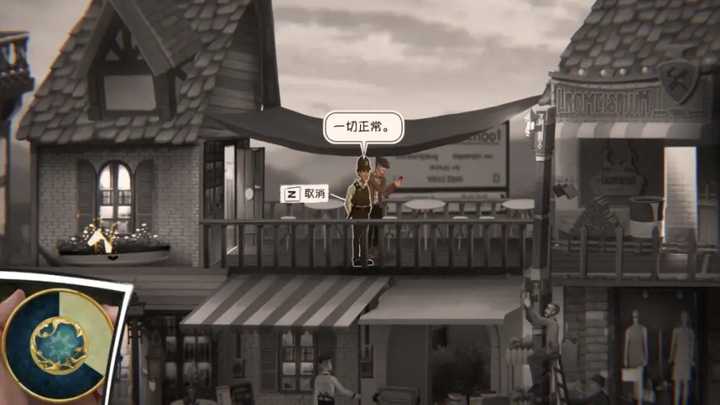
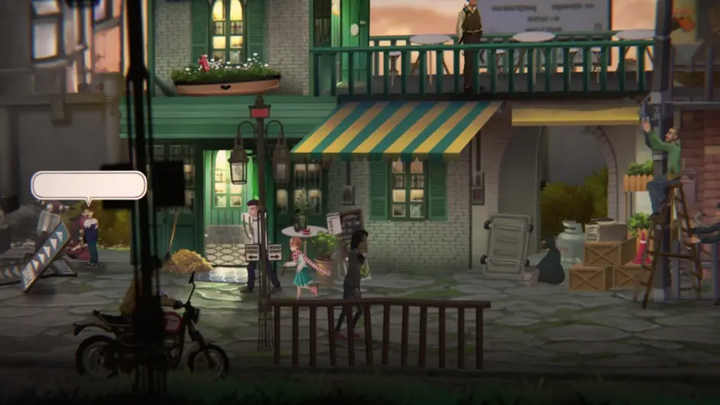
Gameplay
The main gameplay is to use a unique clock to control the actions of a person or object over a period of time for different interactions to produce different consequences. The production team is very attentive, and each character has different ways of interaction. The resulting effects are portrayed in great detail, so the game will have a double ending under different choices made by players. The butterfly effect is not only the core gameplay of the game, but also the joy of the game.
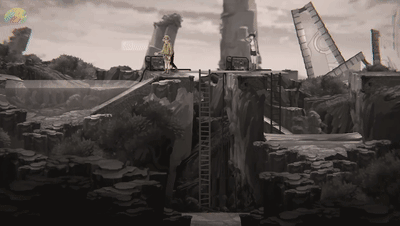
Game graphics
The game adopts a 3D+2D hand drawn style graphics, with bright and lively colors, exquisite scene design without clutter, and perfect music contrast.

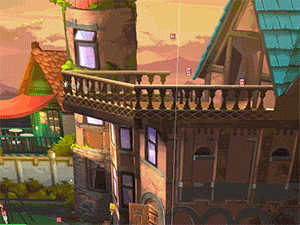
3D gives the image a sense of hierarchy, which 2D cannot achieve
This studio spent 4 years, exhausting all their savings to create a game in memory of their father. This is the norm in independent game production, and perhaps for them, it has also become a obsession - about the obsession with completing the game, or about the obsession with commemorating a deceased father (both the creator and planner of the game’s father have passed away).
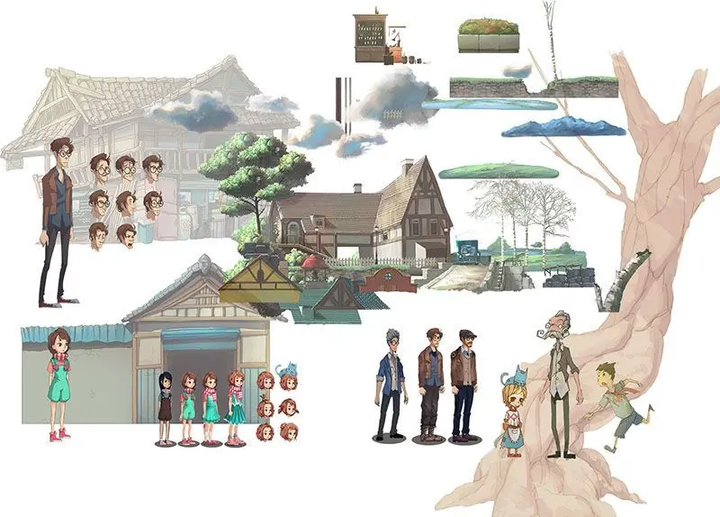
Early game design drawings
Q: The plot is probably that the father sold the family’s necklace to repay the money, and the daughter wants the father to buy the necklace back. I don’t understand the father’s logic, or is it that the production team wants to use the least popular parental quotes to make everyone feel why the daughter is angry? Is there something wrong with it? What does it mean for children to not care about so many adults? I can’t think of any other effect besides provoking my daughter with such words, and why would this father say such lofty words when Alice asked him to redeem the necklace later. I completely cannot feel the change in the character’s mood. In the end, the long and tired monologue in his heart said that when he make money, he will redeem the necklace. Me:? Why don’t you just tell Alice like this?? Will Alice run out in anger by saying this directly?? What else did she say to make her happy? From my understanding of the plot, isn’t it that her father didn’t explain the necklace and didn’t let her care about it?
A: Thank you for the evaluation. How to put it… character building is something I have created based on my personal experience. My father is like this, he handles big things on his own and won’t tell anyone else, especially the children. I heard about my father’s failure to mortgage his house and speculate on stocks from his grandmother after he left. In fact, most people do not view things around them rationally, but rather from an emotional perspective. So the image of the father in our game is a father who cannot speak and keeps things silently in his heart. Father mortgaged the necklace because he had to do so, and he knew Alice would definitely get angry, so he felt guilty and instinctively avoided letting Alice ignore these things. I think this is a common anger that parents under financial pressure are prone to.
I can empathize with this idea. It is because I love my child that I don’t want to get Alice into trouble or tell her some real but cruel things. But it is precisely because of this that I hope to shape such an imperfect father, and to tell everyone through games that such behavior is not correct. If the more extreme assumption is made, if the father in the game is truly perfect, then the game will not unfold.
Finally, let’s end with good ending’s photo. Even if struggling forward doesn’t necessarily lead you to the finish line, it will still take you further away from the finish line. Don’t wait until you lose it, then regret it.
